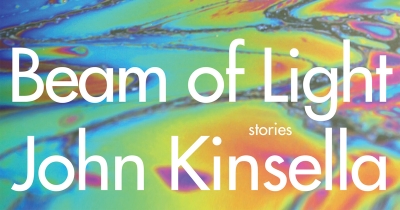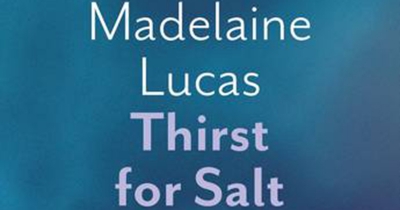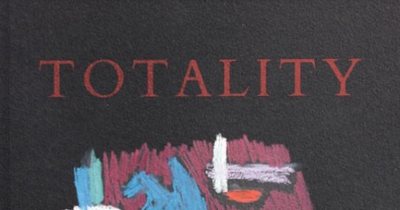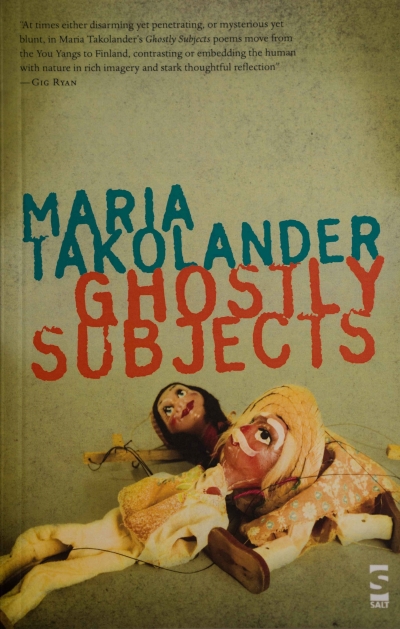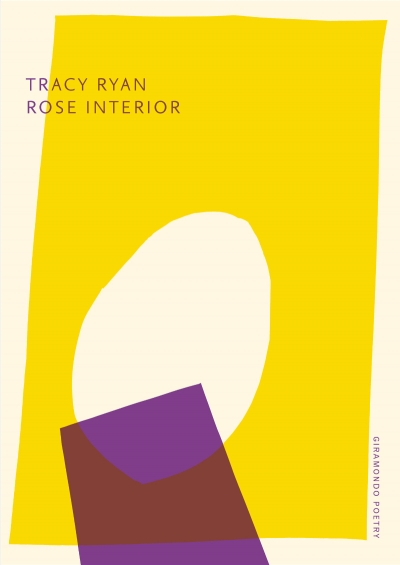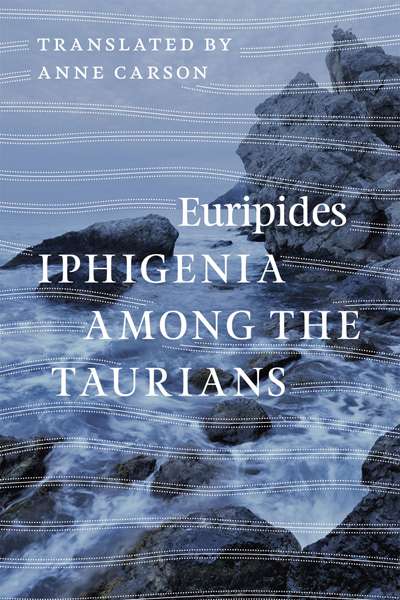Accessibility Tools
- Content scaling 100%
- Font size 100%
- Line height 100%
- Letter spacing 100%
Maria Takolander
The ABR Podcast
Released every Thursday, the ABR podcast features our finest reviews, poetry, fiction, interviews, and commentary.
Subscribe via iTunes, Stitcher, Google, or Spotify, or search for ‘The ABR Podcast’ on your favourite podcast app.
‘Where is Nancy?’ Paradoxes in the pursuit of freedom
by Marilyn Lake
This week on The ABR Podcast, Marilyn Lake reviews The Art of Power: My story as America’s first woman Speaker of the House by Nancy Pelosi. The Art of Power, explains Lake, tells how Pelosi, ‘a mother of five and a housewife from California’, became the first woman Speaker of the United States House of Representatives. Marilyn Lake is a Professorial Fellow at the University of Melbourne. Listen to Marilyn Lake’s ‘Where is Nancy?’ Paradoxes in the pursuit of freedom’, published in the November issue of ABR.
Recent episodes:
The ABR Elizabeth Jolley Short Story Prize, one of the world’s leading prizes for short fiction, is now open and closes on April 24, with total prize money of $12,500. In this week’s ABR Podcast, we feature Maria Takolander’s story ‘A Roānkin Philosophy of Poetry’, which won ABR’s short story competition in 2010, the year before it was renamed the Jolley Prize. It is one of the best-read features on ABR’s website, which hosts content going back to 1978. ‘A Roānkin Philosophy of Poetry’ is an artful take on academic intrigue and absurdism. Maria Takolander’s story appeared in the December 2010–January 2011 issue of ABR. Listen to Maria Takolander reading her story thirteen years later.
... (read more)Maria Takolander’s fourth book of poetry, Trigger Warning (University of Queensland Press, $24.99 pb, 100 pp), is a sharp and arresting collection, fierce in its emotions and determination to make language do the hard work of speaking that which hovers at the edge of articulation. This is a poetics that traces everywhere the lurking presence of the disruptive – in domestic life, in global crises, even in our most intimate experiences. Takolander’s courageous poetry becomes both a landscape in which to inscribe what is unbearable and a sphere in which it might be, at least partially, managed.
... (read more)

